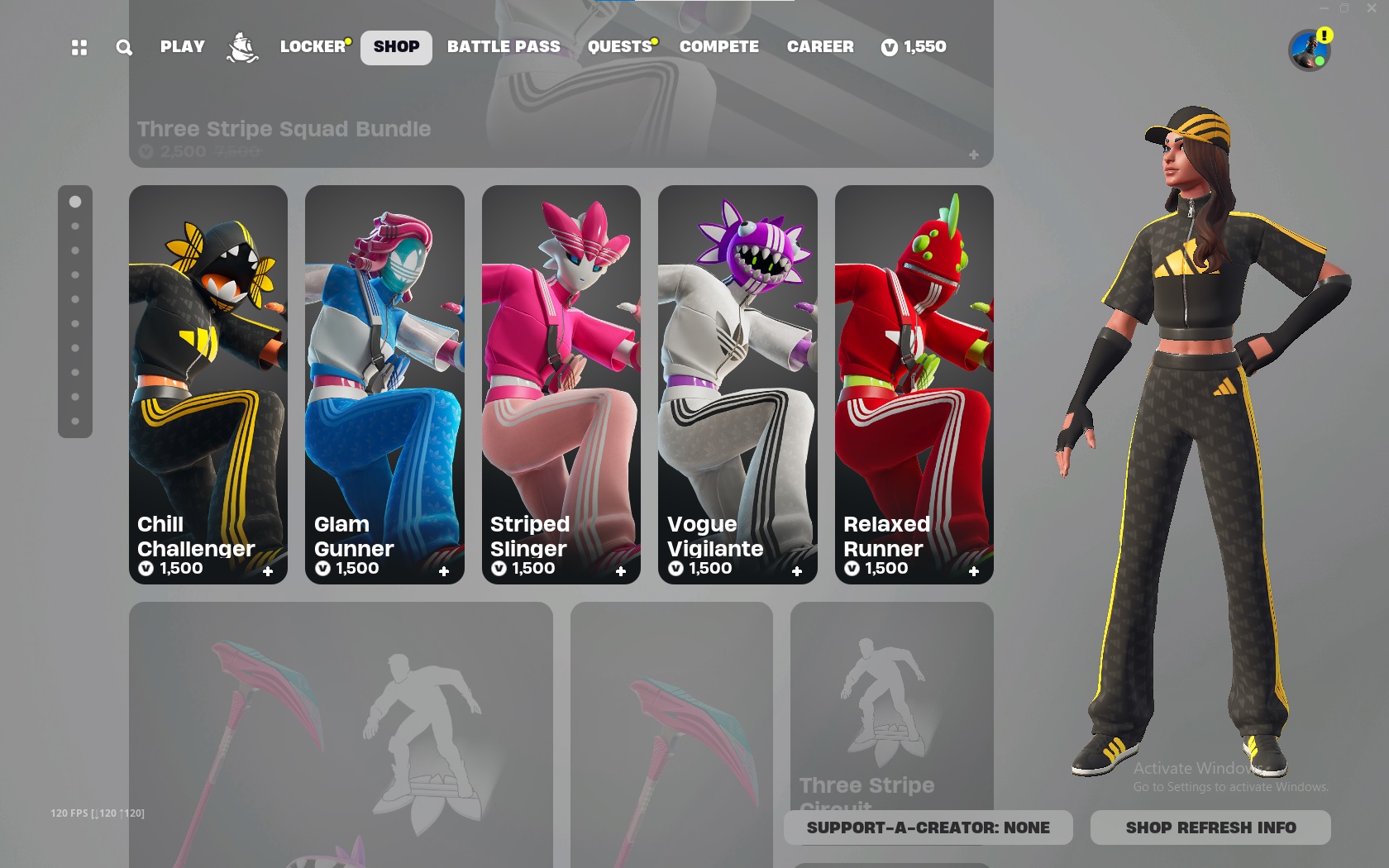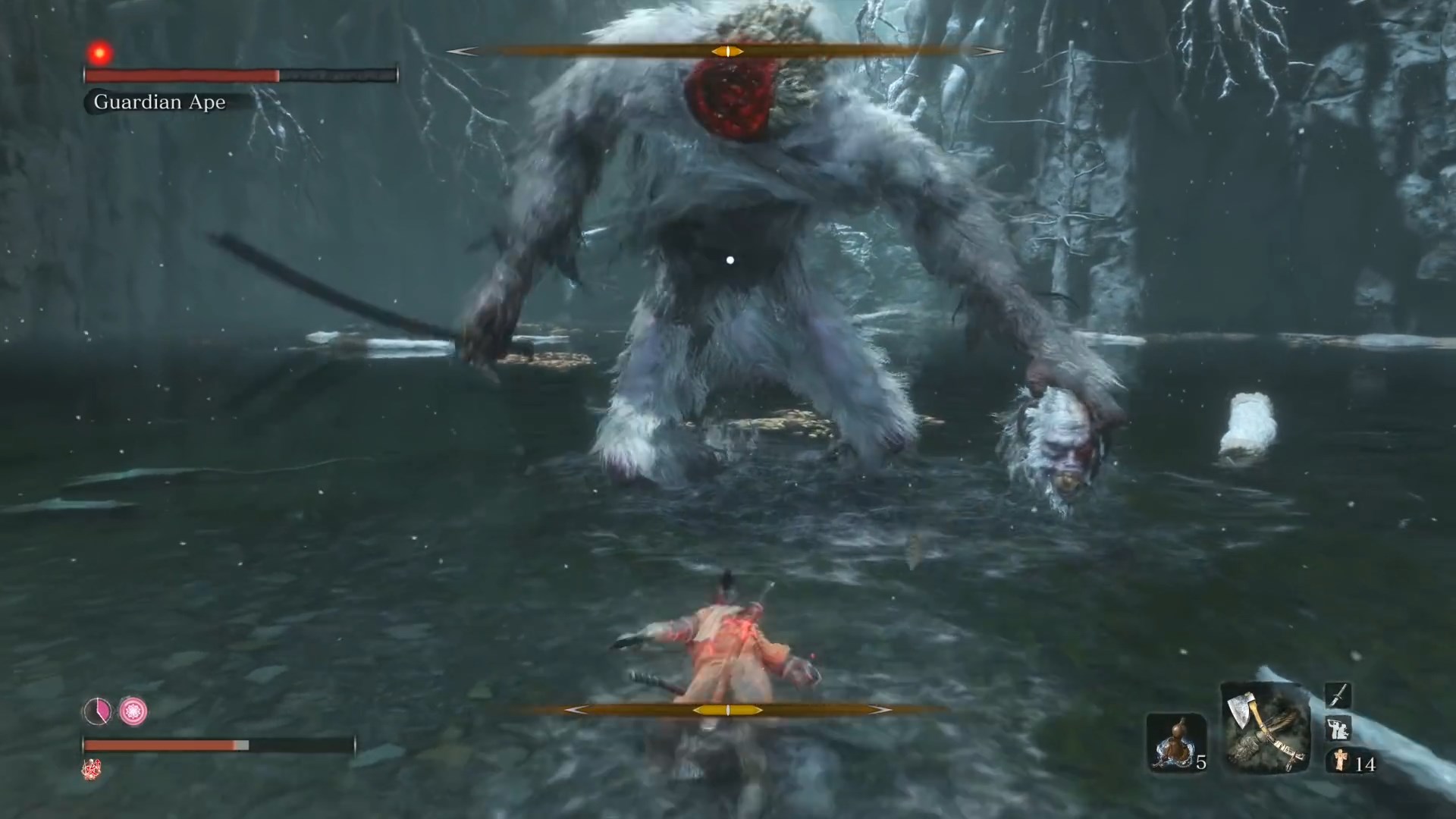- Live service games are usually shunned by the community because of their lackluster quality.
- Relying on continuous revenue through microtransactions and subscriptions can lead publishers to prioritize profit over quality.
- Live service games can evolve like No Man’s Sky did, but it takes a lot for that to happen.
Video games are art created by businesses. Sometimes, artists have freedom, but corporate greed can interfere. Many feel this way about live service games. Can a greed-driven live service game ever be good? Stick around to find out!
What Even Is Live Service?
It feels like the buzzword of live service in the gaming industry is rather new, so a lot of people don’t have a clear understanding of what it means.

Live service games try to engage players for as long as possible through PvE or PvP gameplay, emphasizing leveling your character and/or getting better loot. Live service games are also notorious for having lots of microtransactions and subscriptions, which is where they generate most of their revenue.
After that explanation, I’m sure many games have popped into your mind, but I can’t be sure if the sentiment around them was good. Live-service games have a bad reputation in the community, with very few of them actually being good games.
What Makes Them So Bad
Now that we’ve gotten introductions out of the way, the following sections will focus on unpleasant aspects that live service games frequently adopt.
Microtransactions
Live service games need continuous management, content, and maintenance, making it hard to get the revenue required to keep the game up and running from just an initial price tag, especially if not many people buy it.
To counteract this, many live service games contain microtransactions that can give users a season pass, in-game money, cosmetics, or, in the worst scenarios, means to continue the story. This is often combined with an initial price tag.

Though this model is somewhat necessary to operate the mechanics that allow the people to play the game, publishers have gone way too far with maximizing their profit, which has proved time and time again to be something that only drives people away and hurts your business in the long run.
Unfinished
If you’re trying to have an experience that should, ideally, last as long as possible, it’s gonna get better if the developers have any idea about what they’re doing. Naturally, this can cause the games to feel rushed or unfinished at the start.

This, along with the crunch usually integral to these profit-first games, often results in a half-baked game. No amount of day-one patches can revert a gameplay mechanic that was wrongfully added 5 months into the development of the game.
A game requires time to experiment, test, and craft an experience that feels special, which is sadly lost when talking about live service games.
It’s Going To End
Live service games are only playable when they’re profitable. When the game stops raking in money, the companies surrounding it abandon its maintenance and close down the servers to stop for extra losses.
This should theoretically happen to every live service game, whether Fortnite or World Of Warcraft. If you have invested in these games, they can be gone instantly when the games go out of fashion.

It’s also weird thinking about how the hard work of so many developers and their legacy can be wiped out. If you want to play Uncharted 50 years in the future, it should still be possible, but the same cannot be said about something like Anthem.
There Is Still Hope
Though I and many other gamers believe that live service games should not exist, there are some examples of the format actually working great, at least in the long run.
No Man’s Sky went from a bad game at launch to a great one due to patches and the live service model. Helldivers 2 recently gained a lot of popularity because of its fun co-op features. Fortnite has been a huge behemoth for years now.
But with everything in perspective, it is hard to say that live service is not ultimately detrimental for players and developers. This leads me to think that we could do without live service games, even though some have been truly special.
Thank you! Please share your positive feedback. 🔋
How could we improve this post? Please Help us. 😔
[Editor-in-Chief]
Sajjad Hussain is the Founder and Editor-in-Chief of old.tech4gamers.com. Apart from the Tech and Gaming scene, Sajjad is a Seasonal banker who has delivered multi-million dollar projects as an IT Project Manager and works as a freelancer to provide professional services to corporate giants and emerging startups in the IT space.
Majored in Computer Science
13+ years of Experience as a PC Hardware Reviewer.
8+ years of Experience as an IT Project Manager in the Corporate Sector.
Certified in Google IT Support Specialization.
Admin of PPG, the largest local Community of gamers with 130k+ members.
Sajjad is a passionate and knowledgeable individual with many skills and experience in the tech industry and the gaming community. He is committed to providing honest, in-depth product reviews and analysis and building and maintaining a strong gaming community.





